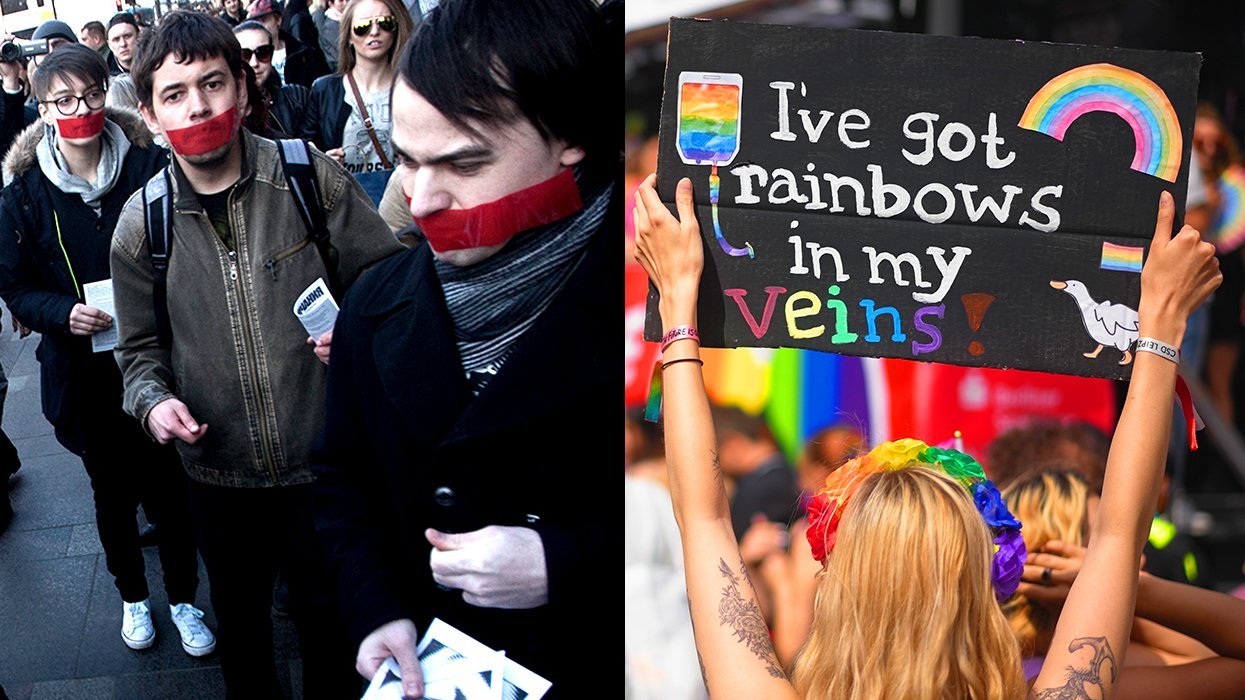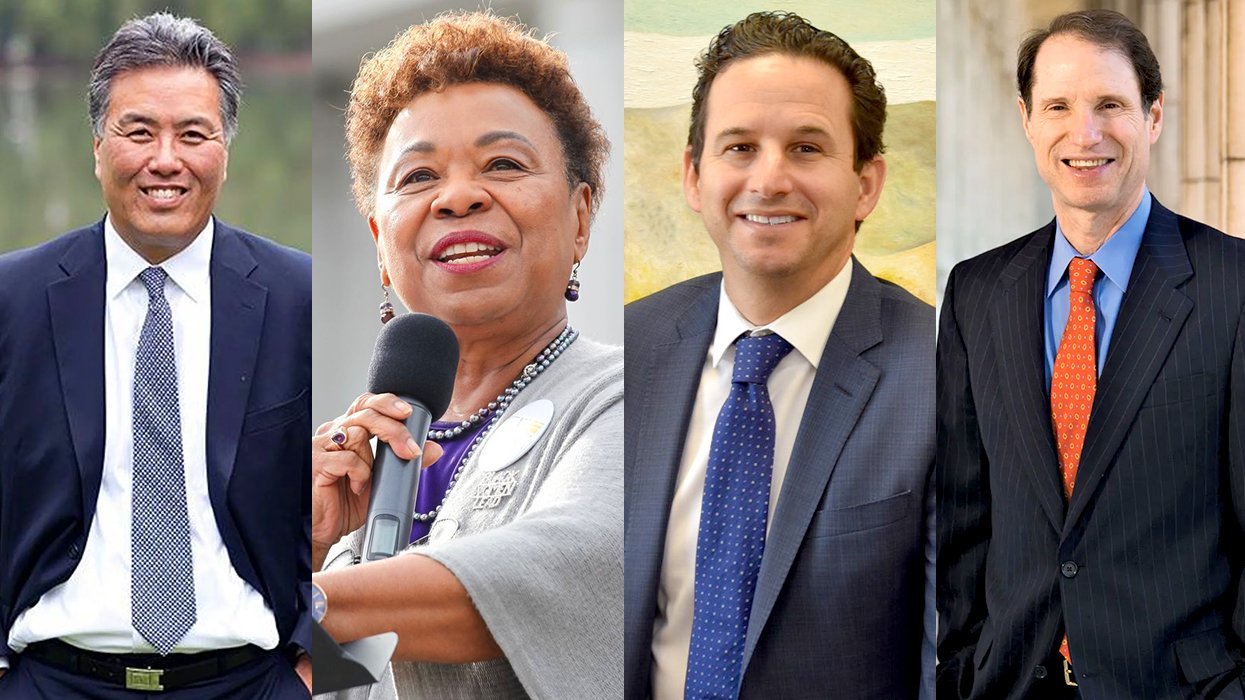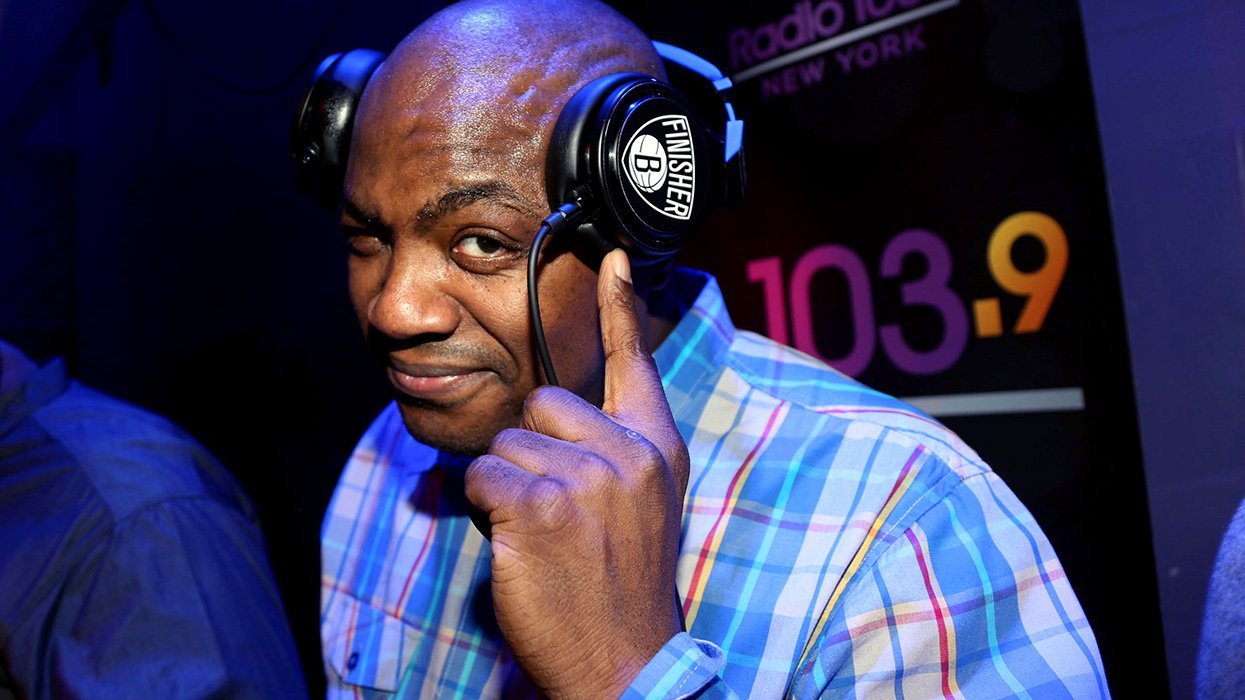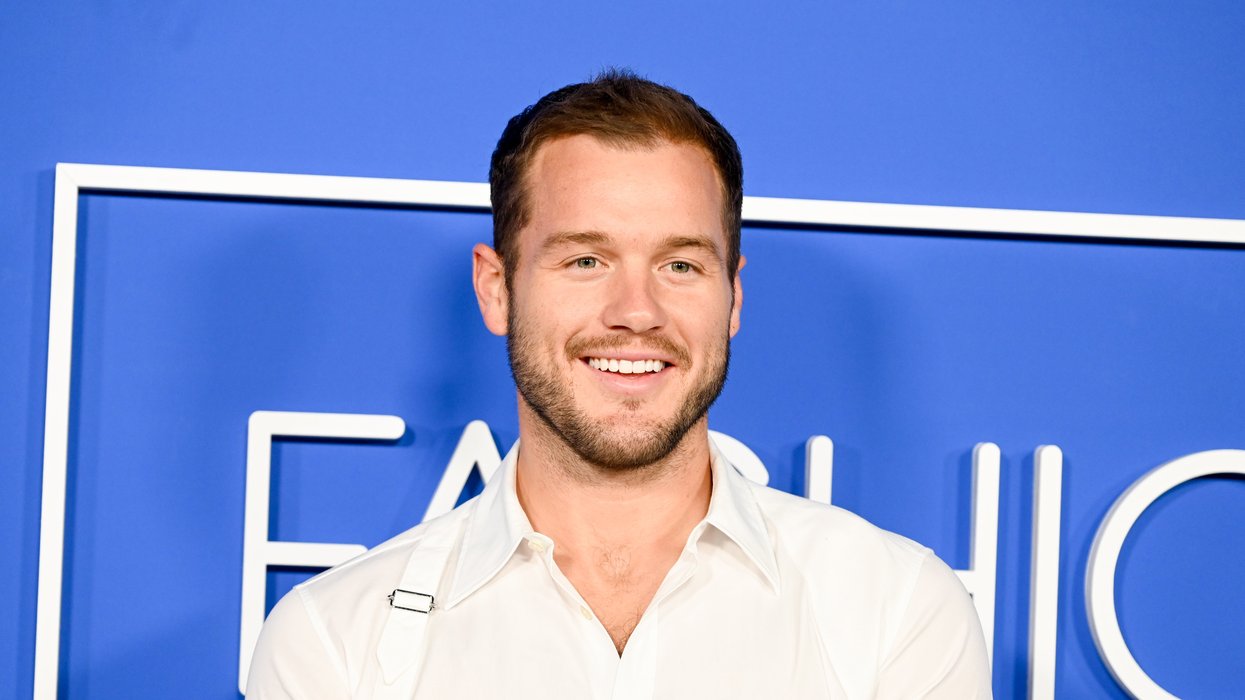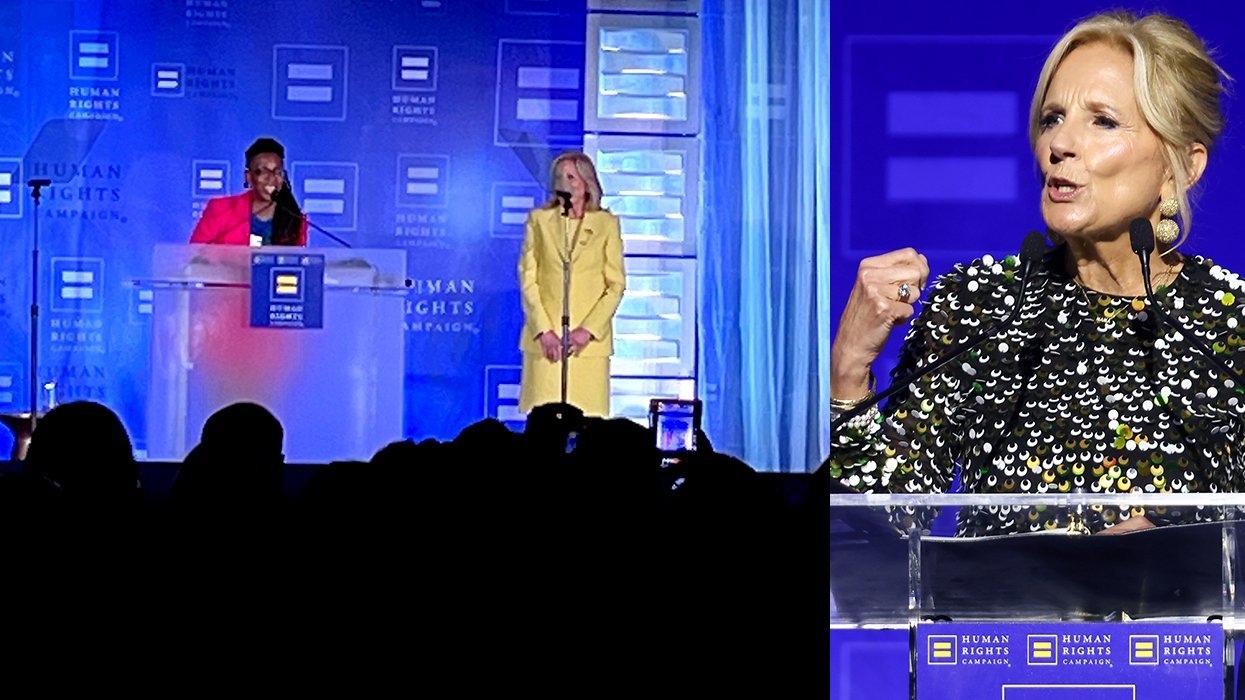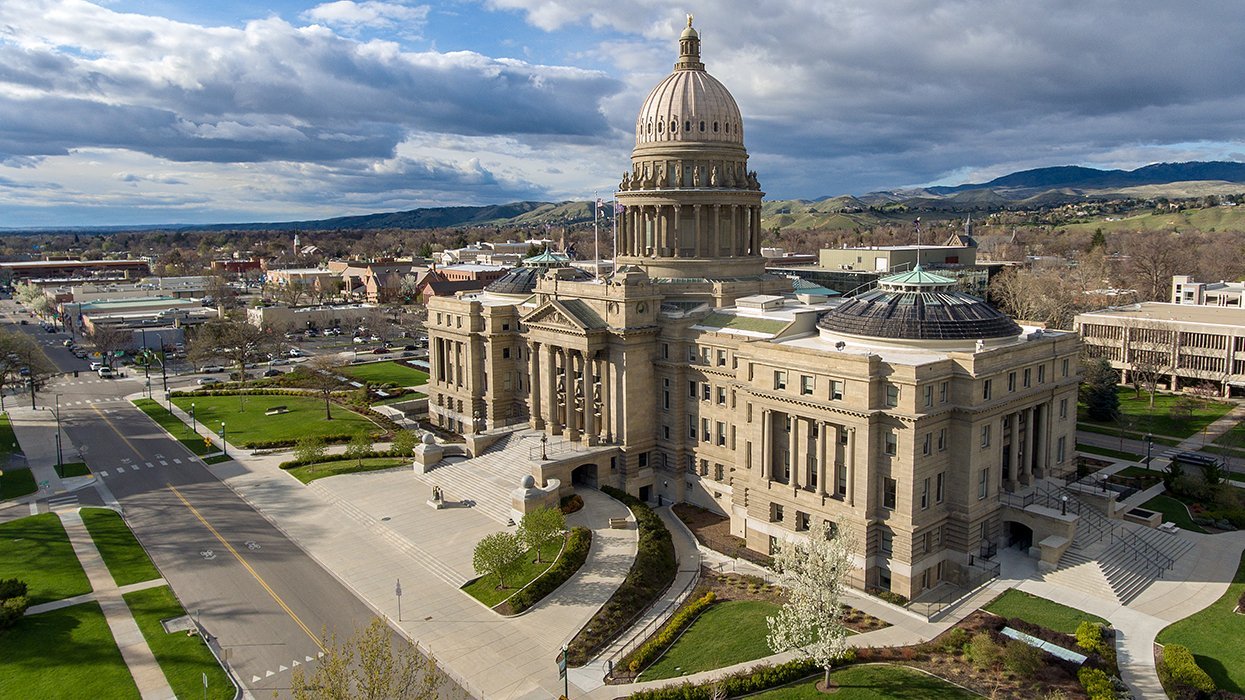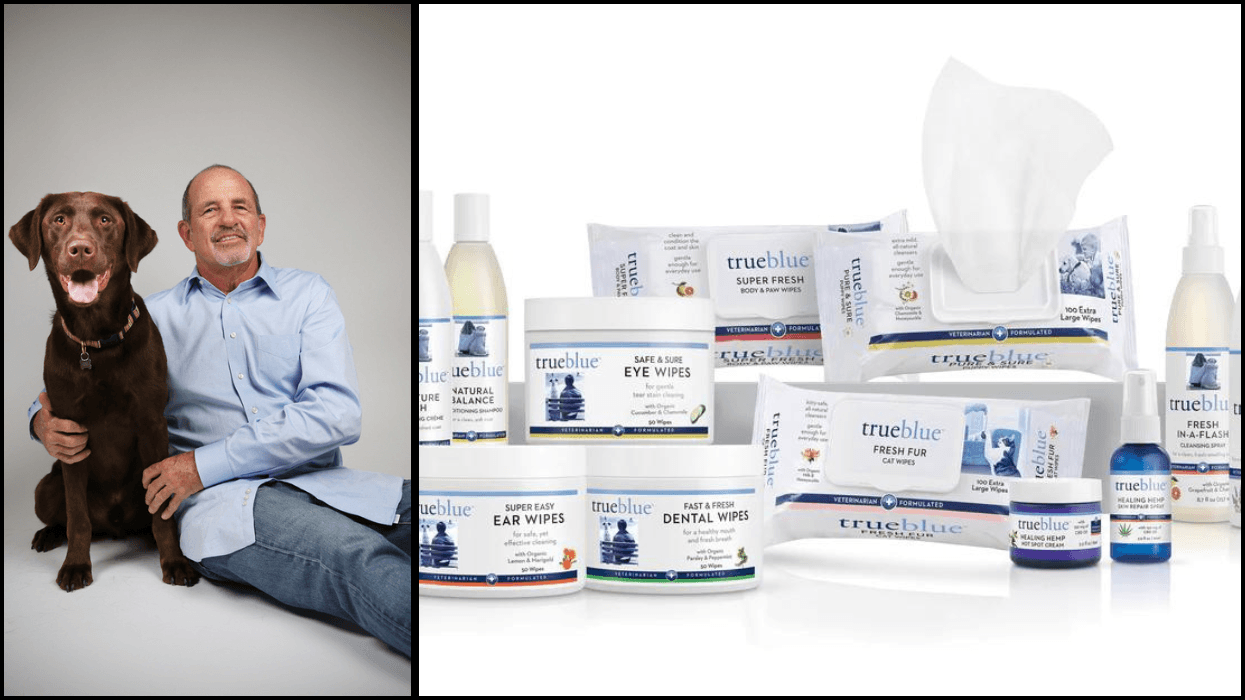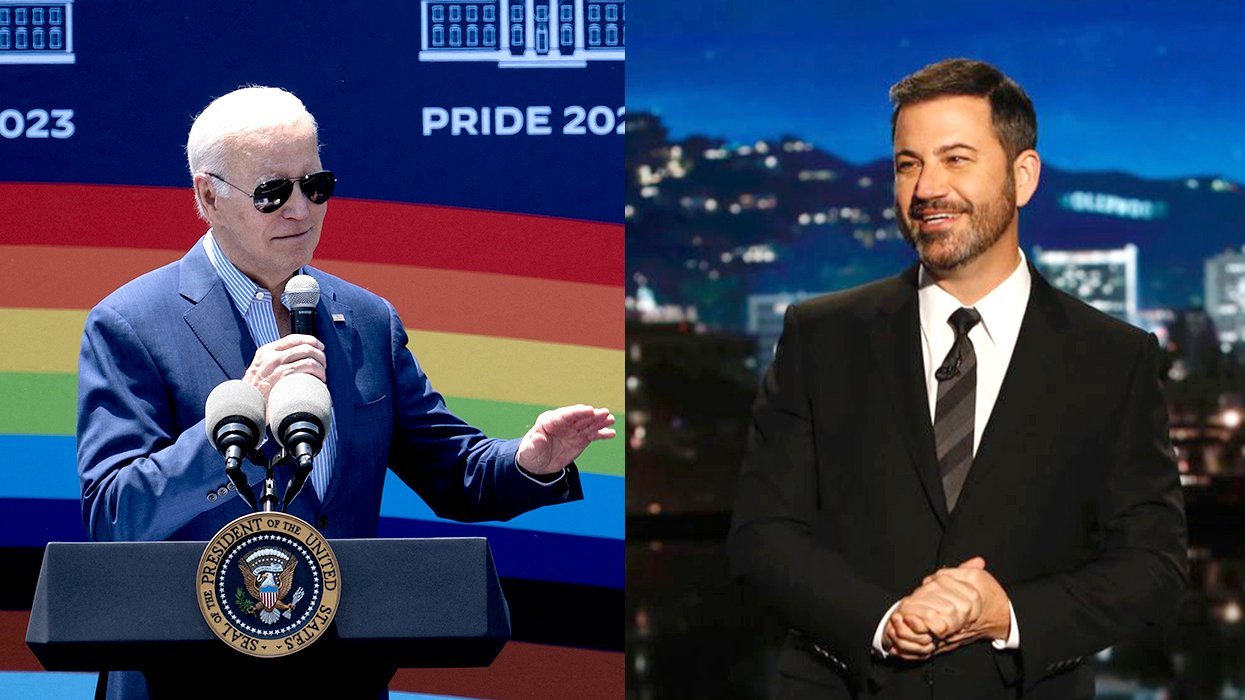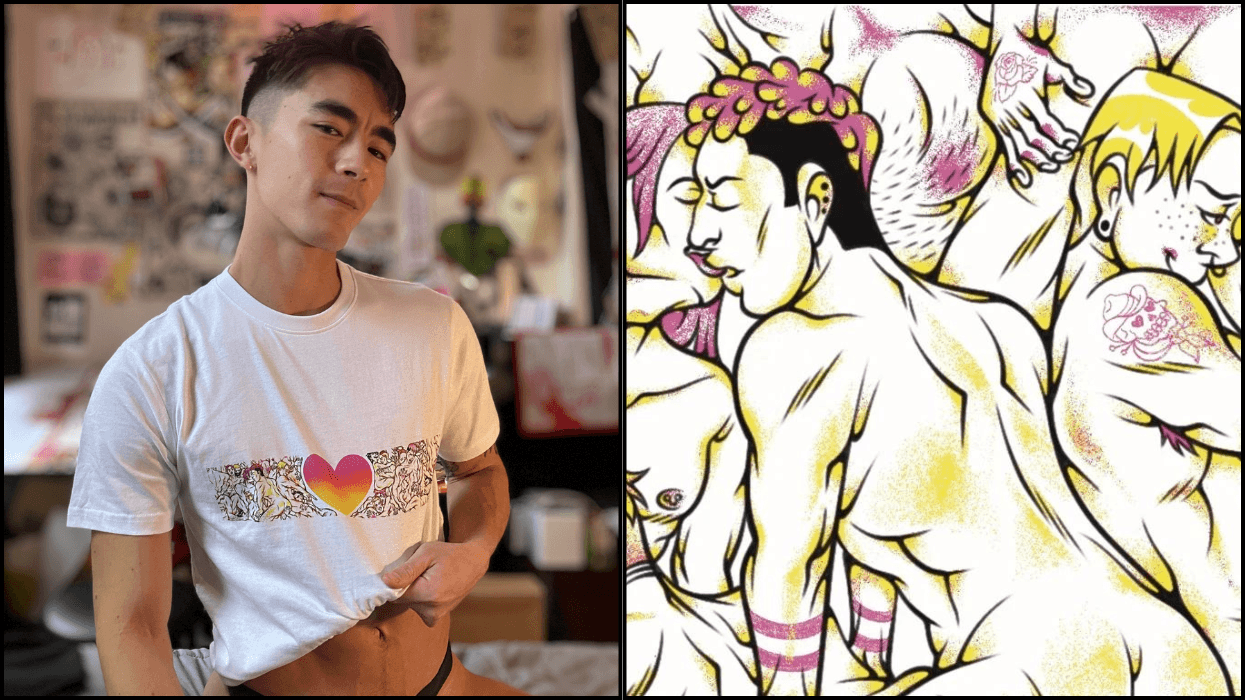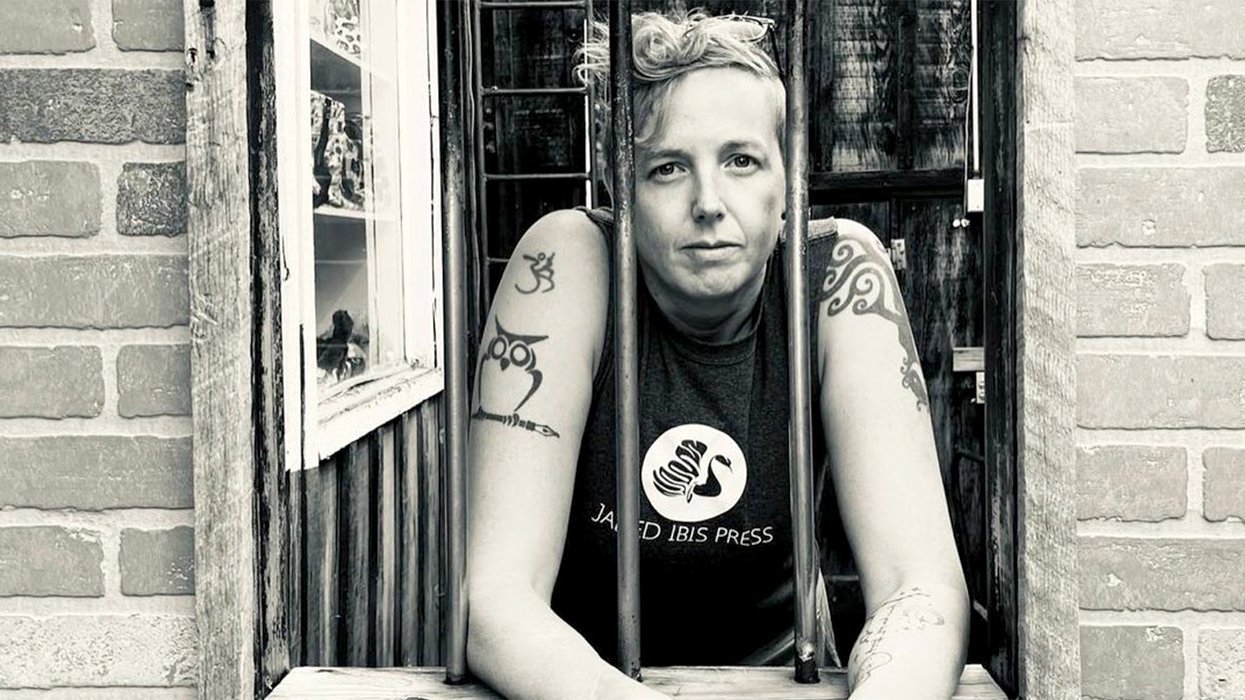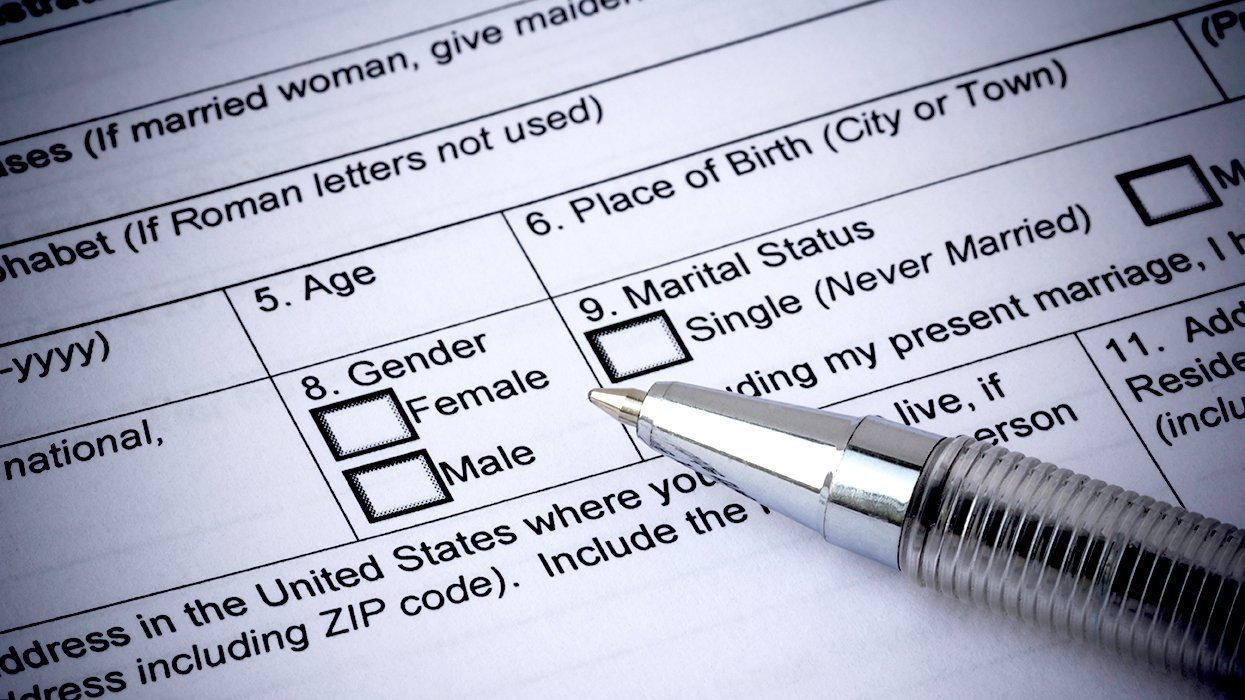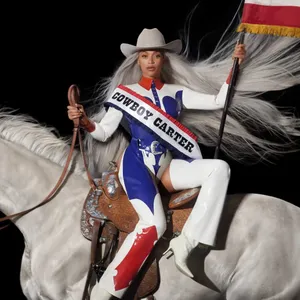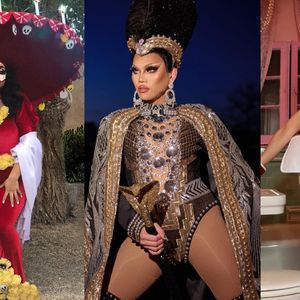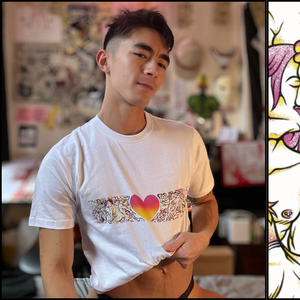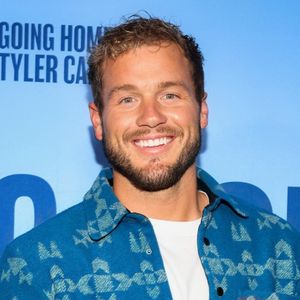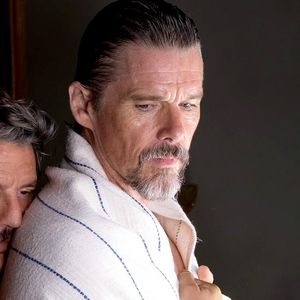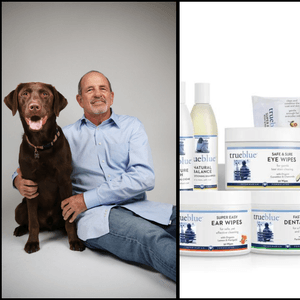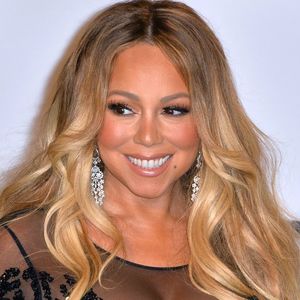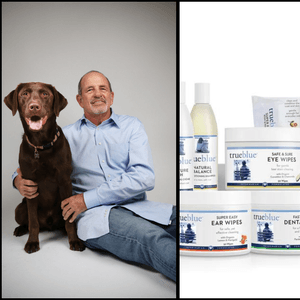CONTACTStaffCAREER OPPORTUNITIESADVERTISE WITH USPRIVACY POLICYPRIVACY PREFERENCESTERMS OF USELEGAL NOTICE
© 2024 Pride Publishing Inc.
All Rights reserved
All Rights reserved
By continuing to use our site, you agree to our Private Policy and Terms of Use.
Before he transferred to San Francisco State University, Emo Loredo knew only a few other openly gay students.
So he was pleasantly surprised when he discovered his new college offered not only dozens of classes on gay issues but an undergraduate minor in lesbian, gay, bisexual and transgender studies.
''One of the things I've learned is that homosexuality was around way back in ancient times,'' said Loredo, 24, who enrolled this semester in a sociology class called Queer Cultures and Society. ''Before, I thought homosexuality was started in the early 1970s.''
Years after creating a smattering of gay-related classes, more than two dozen American universities are now offering full-fledged minors in gay studies and expanding the field to include disciplines across the college curriculum.
Issues such as same-sex marriage and gays in the military have fueled interest in the programs, which have been established, among other places, at Ivy League institutions Yale and Cornell and DePaul University in Chicago, one of the nation's largest Catholic schools.
At least 30 public and private colleges now offer multidiscipline minors in gay studies, the majority of them started in the last three years. Another 16 schools let undergraduates earn certificates or pursue concentrated studies in gay topics.
San Francisco State was one of the first U.S. schools to explore the scholarly potential of gay subject matter, starting with a single English course in 1972. Now students can choose from classes such as Homophobia and Coming Out, Gay Love in Literature, and Queer Art History.
At colleges around the nation, expanded course offerings have also given a discipline once limited to history, English, or women's studies departments a place across the academic curriculum, encompassing subjects such as religion and the law.
John G. Younger, a University of Kansas professor who maintains a Web site devoted to gay studies, said Duke University even offered an anthropology course on ''queerness in advertising.''
The rise of specialized degree programs has been driven by endowments from gay alumni, the research of openly gay professors, and demands from students who are coming out of the closet at younger ages, experts say.
Steven Seidman, a sociologist at the State University of New York at Albany, said he has also observed a shift in the kind of students who take gay studies classes.
In the past, the courses drew primarily straight women and a handful of gay or lesbian students, almost all of them white. Now the classes attract young scholars of varying races who often refuse to accept traditional labels of sexual orientation and gender, according to Seidman.
There is no giggling, no debate about whether homosexuality is normal, and no discussion of whether gays should have rights, he said.
At San Francisco State, sociology professor Jennifer Reck said she had 55 students vying to get into the same class that Loredo took. She had to turn at least 10 away.
On the first day, she asked students to share why they enrolled, even if it was only to fulfill a social science requirement or because the time fit their schedules. Three acknowledged falling into that category.
The responses varied among the rest.
Tony Foster, 41, said he was looking for material for his master's thesis on graphic design and civil disobedience. Patricia Chiquet, 23, an international student from Switzerland, said she was fascinated by the subject of sex-change surgery.
Carla Haggard, 24, who moved from the Bible Belt five years ago and became the nanny for the child of a lesbian couple, said she wanted to help fight discrimination against same-sex couples and educate her own relatives.
Gilbert Herdt, who directs San Francisco State's program, envisions a time when gay studies is no longer a distinct academic discipline.
To some extent, that's already happening, he said. Many schools, rather than offering a degree in gay studies, have added gay-related courses under an umbrella of new programs looking broadly at human sexuality. In some cases heterosexuality is being debated as a construct that is as much social as biological.
Younger, who travels the country advising professors on how to gain approval for gay studies programs, said he stopped counting the number of schools that offer classes in lesbian literature or gay history.
''I began thinking maybe it's useless to keep this list because every university probably has something,'' he said. (Lisa Leff, AP)
Want more breaking equality news & trending entertainment stories?
Check out our NEW 24/7 streaming service: the Advocate Channel!
Download the Advocate Channel App for your mobile phone and your favorite streaming device!
From our Sponsors
Most Popular
Here Are Our 2024 Election Predictions. Will They Come True?
November 07 2023 1:46 PM
17 Celebs Who Are Out & Proud of Their Trans & Nonbinary Kids
November 30 2023 10:41 AM
Here Are the 15 Most LGBTQ-Friendly Cities in the U.S.
November 01 2023 5:09 PM
Which State Is the Queerest? These Are the States With the Most LGBTQ+ People
December 11 2023 10:00 AM
These 27 Senate Hearing Room Gay Sex Jokes Are Truly Exquisite
December 17 2023 3:33 PM
30 Steamy Photos of Folsom Street Fair 2023 Debauchery
October 15 2023 11:06 PM
10 Cheeky and Homoerotic Photos From Bob Mizer's Nude Films
November 18 2023 10:05 PM
42 Flaming Hot Photos From 2024's Australian Firefighters Calendar
November 10 2023 6:08 PM
These Are the 5 States With the Smallest Percentage of LGBTQ+ People
December 13 2023 9:15 AM
Here are the 15 gayest travel destinations in the world: report
March 26 2024 9:23 AM
Watch Now: Advocate Channel
Trending Stories & News
For more news and videos on advocatechannel.com, click here.
Trending Stories & News
For more news and videos on advocatechannel.com, click here.
Latest Stories
Hilary Cass' NHS report is rife with debunked theories and falsehoods
April 11 2024 6:52 PM
Wherever drag queen Tara Hoot goes, bomb threats seem to follow
April 11 2024 4:26 PM
Right-wing extremists confront transgender people in Florida bathrooms
April 11 2024 2:59 PM
Transgender boxer Patricio Manuel disappointed but defiant after first-round knockout
April 11 2024 12:37 PM
Trending stories
Most Recent
Recommended Stories for You















